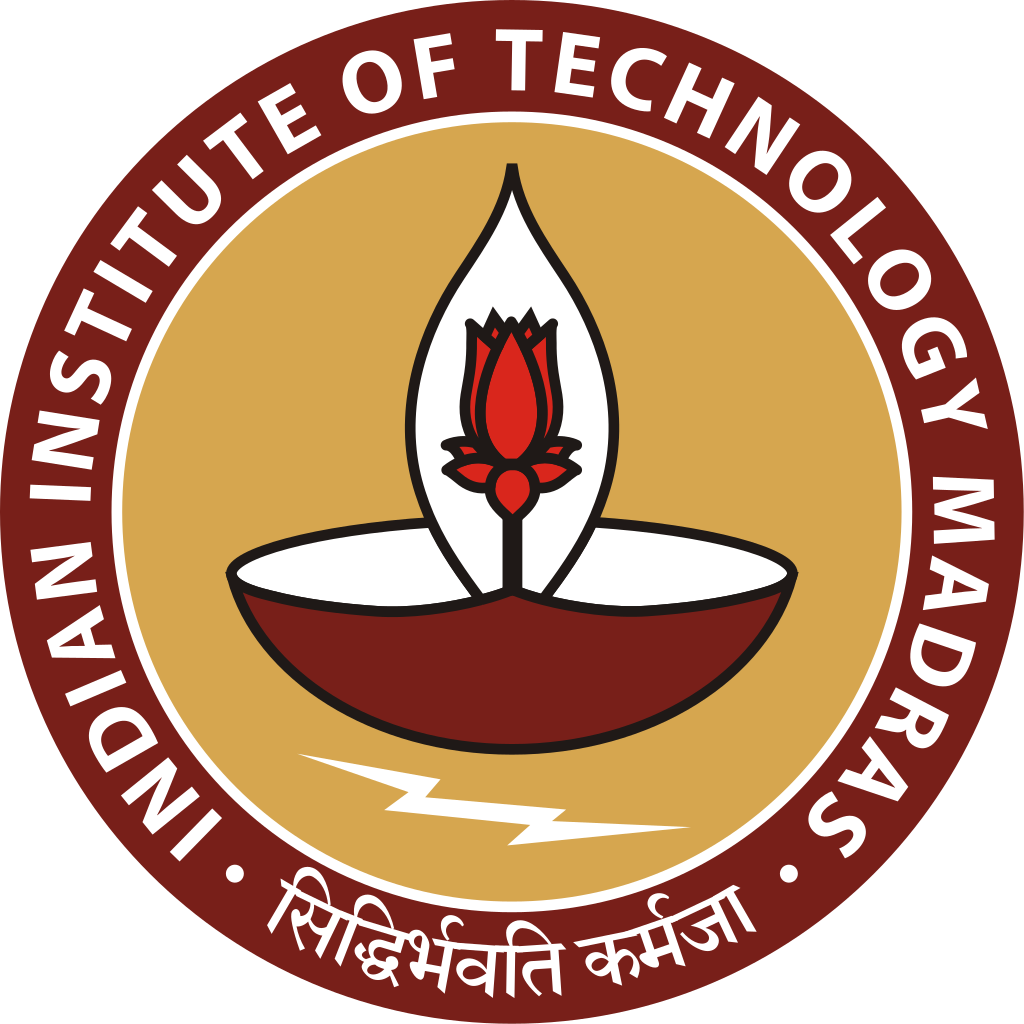It all began in 1956, when Pt. Jawaharlal Nehru, Prime Minister of India, was on an official visit to West Germany
and was offered assistance by the Germans to set up a higher technological institute in India.
This resulted in the signing of the first Indo-German Agreement in Bonn in 1959, for the establishment of an Indian Institute of Technology at Madras.
The Agreement provided for the services of German professors and five foremen, training facilities for 20 Indian faculty members and the supply of scientific
and technical equipment for the establishment of the Central Workshop and 20 laboratories at IIT Madras.
In 1959, the Institute was formally inaugurated by Prof. Humayun Kabir, Union Minister for Scientific and Cultural Affairs. Dr. A. Lakshmanaswamy
assumed office as the first Chairman of the Board of Governors and Dr. B. Sengupto as the first Director of the Institute.
In 1961, the Institute was declared as an 'Institute of National Importance' by the Parliament of India.
In 2023, IIT Madras became the first IIT in India to set up an offshore campus in Tanzania, Africa as part of the Government of India's IIT expansion plans
across the world.
IIT Madras is a residential institute with nearly 550 faculty, 8000 students and 1250 administrative & supporting staff and is a self-contained campus located in a beautiful wooded land of about 250 hectares. The campus is located in the heart of Chennai and also doubles up as a verdant wildlife sanctuary!
INDIAN CULTURAL STUDIES
IIT Madras is one of the very few institutions of science learning that have also started courses in culture and subjects of humanities. In a departure from Western frameworks, this course (Indian Cultural Studies) at IIT engages with Indian experience as articulated by its thinkers who provide a way of thinking about Indian-ness (in all its diversity) and the Indian experiences.
The course aims at introducing students to distinct Indian ways of cultural expressions and offers pathways to understand self and subjectivity in the context of localism, nationalism and globalism. The course covers key texts from the late 19th century to understand what constitutes Indian subjectivity, its difference, authenticity and life world, its implications for nationhood and claims of particularism vis-à-vis universalism.
About IIT Madras
Indian Institute Of Technology, Madras
Our Host

1350
Delegates
26
Intensives
25
Performances
250
